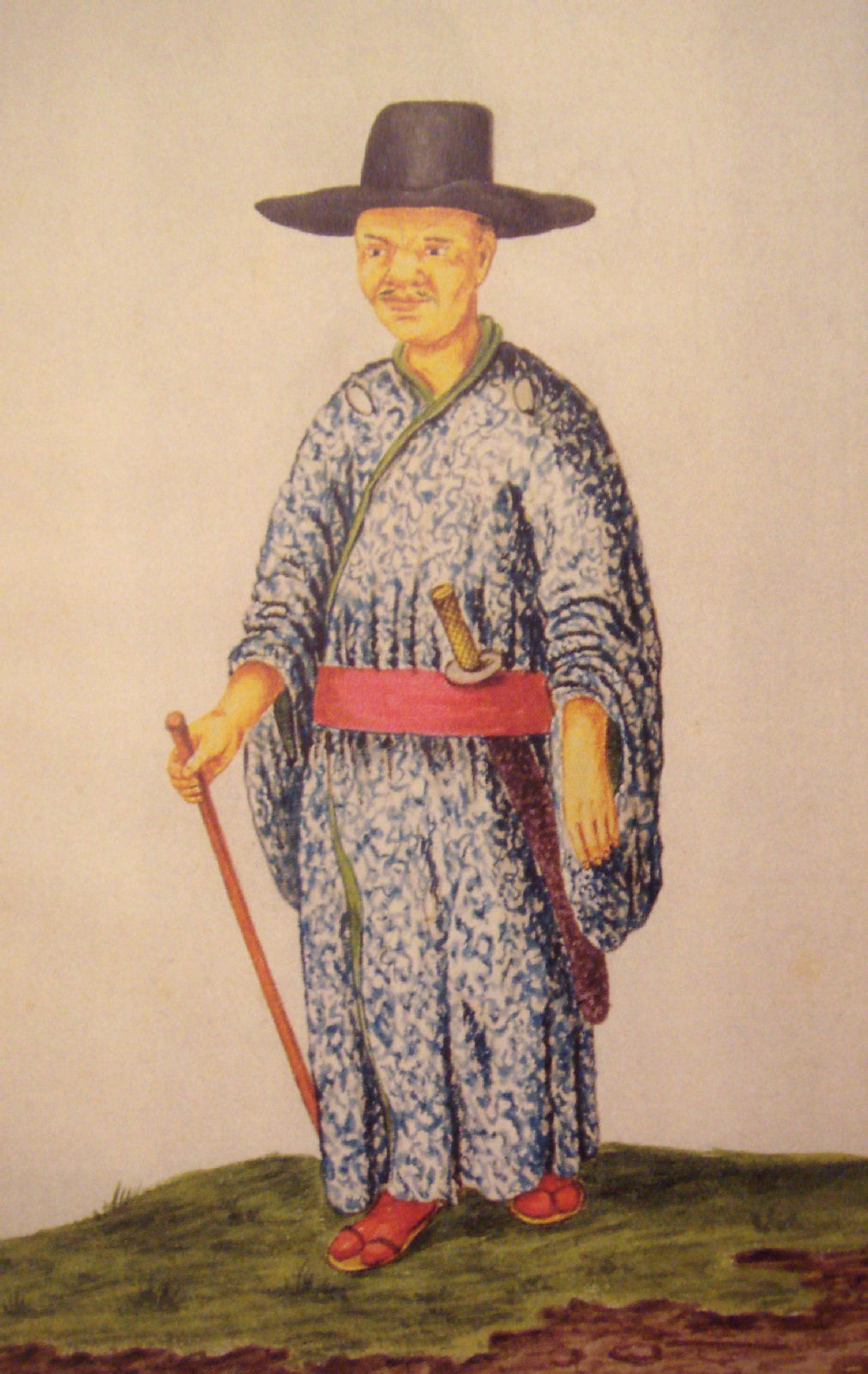Aims and Assessment
Aims and Objectives
- Demonstrate a systematic knowledge and understanding of the concept of “go-betweens” and aspects of border-crossing in the early modern world
- Critically analyse and evaluate a broad range of primary sources relating to early modern cultural mediation, mobility, identity, and border crossings
- Effectively communicate ideas, and make informed, coherent and persuasive arguments
- Critically review and consolidate theoretical, methodological, and historiographical ideas relating to early modern global history and cultural interactions
- Take responsibility to identify, design, and produce a coherent project on an aspect of the history of early modern go-betweens and the dynamics or experiences of crossing borders in the early modern world
Assessment
This module will be assessed through individual and group work as follows:
- Applied task: digital group project (40%)
- 3,000-word essay (50%)
- Seminar contribution (10%)
Seminar Contribution
As a module consisting entirely of 2-hour seminars, seminar participation is essential. This consists of arriving prepared by doing the weekly readings and thinking about the set seminar questions in advance, as well as through active contribution to class discussions led by the tutor or fellow students. Additionally, each student will on one occasion introduce one of the required readings to the group to open the discussion. Seminar contribution will be assessed via a structured self-reflection that encourages you to reflect on your participation and engagement in the seminars and online activities and asks you to self-evaluate your contribution at the end of the module. You should submit the completed self-reflection form on Tabula.
Digital Group Project: (Video) Blog
In groups of 3 to 4 students you will present a focused case study pertaining to the theme of border-crossing in the early modern world, using a variety of media. You should structure the discussion of your chosen individual, community, or concept around a relevant historical question. The digital group project should take the form of a textual and visual presentation of your findings in a blog (e.g. Wordpress) or video (e.g. on Youtube or Vimeo).
- This exercise does not have a set length, to allow you the flexibility to include that information necessary to explain and document your findings. As an indication, you may think of 10-15 minutes of video content or 3,000 words of blog text.
You are encouraged to cover the following:
- Justification of your chosen topic and question
- Explanation of your findings and why they matter
- Potential for further research
NOTE: each group member must submit the project via Tabula individually. Please upload a document containing the weblink to your project (if e.g. on Wordpress or Youtube).
Example Group Project Video: Pocahontas
3,000-word Essay
Your essay (3,000 words) should be framed around a relevant historical question related to the theme of the module, which may be one of the weekly seminar questions or a question of your own choosing. You may consider adopting a comparative perspective, e.g. by incorporating examples and materials from different time periods and/or from different parts of the world. Make sure to consult me to check whether your question is suitable.
Your essay should engage with both secondary literature and primary sources. These may overlap with materials analysed in the Digital Group Project, yet substantial development is required. Essays should be submitted via Tabula in accordance with Departmental rulesLink opens in a new window. See Tabula for submission deadlines.

